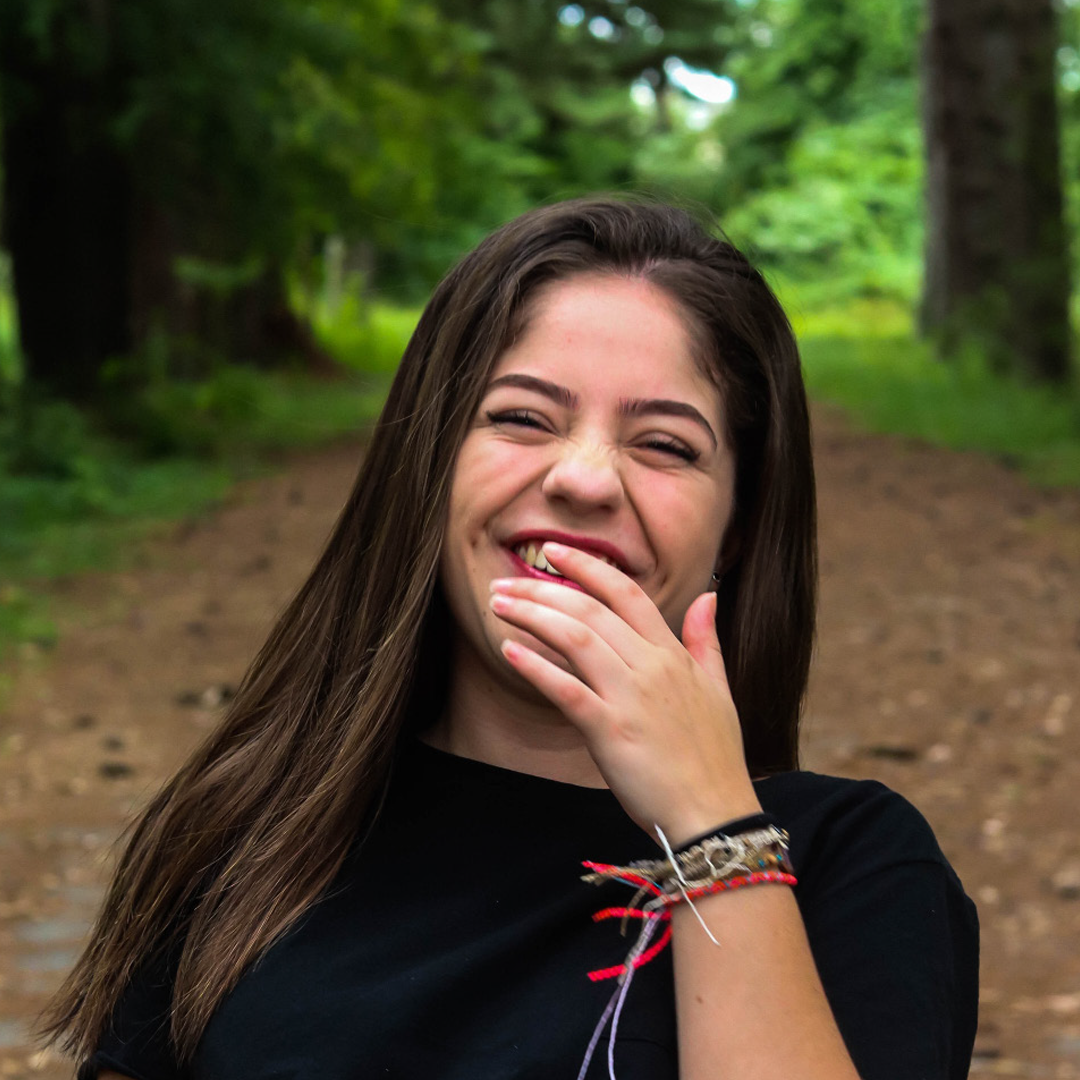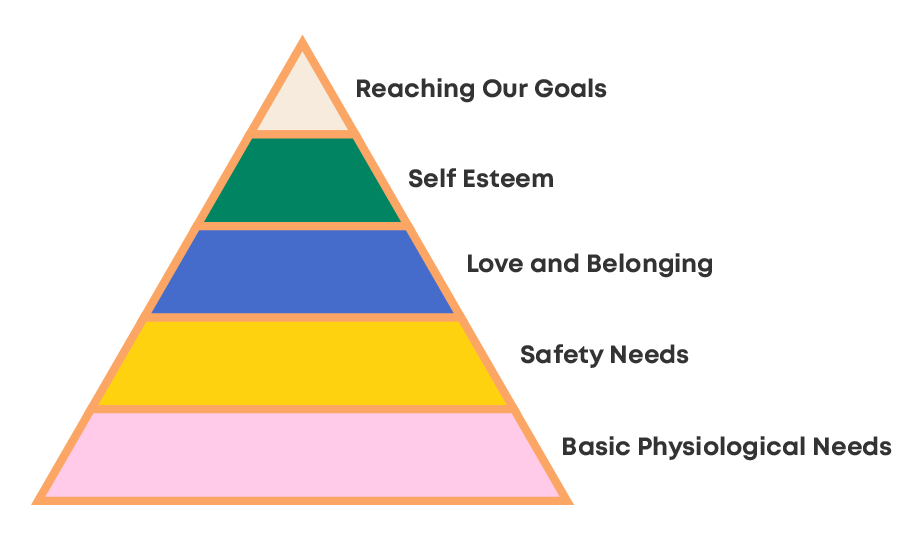
Our role is to help you focus upon your strengths and what you can control and achieve, enabling you to put solid foundation in place, in order to create the life that you want, with the tools and resources to confidently build it. This means, that we focus upon the basics, meeting you where you are at and walking the journey with you, until you feel confident to try it alone.
You can access our service at different gateway points, however, we believe that strength comes when education and therapeutic support meet, allowing you to go on an adventure of self-awareness and discovery; building your toolbox of knowledge and skills, in order to try out strategies, techniques and ideas in your own life. We pride ourselves in having a variety of programmes to help you lay solid foundations to build upon, recognising the existing strengths and tools as a starting point.
Some people need therapeutic support in the first instance, to gain clarity over what they want and tools to feel confident enough to access other opportunities, potentially accessing some of our workshops or courses to boost your knowledge and skills.
Other people start off with developing knowledge and skills, then want to access therapeutic support, to embed learnings and create a personalised approach to creating changes, implementing their skills in everyday life. All pathways aim to lead into the same place; Community Belonging, with the self belief, confidence, skills and motivation to feel connected to your community and others in order to access opportunities available to you and reach your potential.
It is important tous that our services are available outside working hours, making it accessible for all.
We have a number of ways of accessing services, depending upon your income and situation, therefore offer funded, subsidised and self funded programmes.
It is important to recognise that there are stages we must follow and have in place, in order to be achieving our potential. So when we talk about meeting you, where you are at, it means understanding where you are in Maslow’s Hierarchy of needs and supporting you to put solid foundations in place, in order to build the life that you want to achieve.
Maslow states that there are stages to achieving potential, and we must be stepping though and achieving each phase, in order to move to the next.

As a community, we understand that everyone has different strengths and needs, therefore, we are all at different stages in how we want to access services. This is why we, at Next Chapter have created a ‘journey’ through our services, whether you need that extra 1:1 support, group and education programmes or, engaging in your community. We listen to hear and will support your in finding the right approach and tools to support you to grow and flourish.
Enabling you to step into your community, with confidence and resilience
• Accessing learning and employment opportunities
• Accessing local activities and events
• Connecting with our community and people around us
• Feeling a sense of belonging in your community, accessing services and making a positive contribution
We are based at 156 Mill Lane, Wallasey and are proud to host services from our large building, which we expanded and renovated in 2019, with the support our wonderful Next Chapter friends and community. Some of our sessions are delivered outreach in other community buildings and schools
We also offer online workshops, courses, sessions and support, making our services accessible in our wider community across Wirral, but further afield across England and beyond.
By appointment only:
156 Mill Lane, Wallasey, Wirral, CH44 3BN
Who is the course for?
This is not a parenting course, but an opportunity to press ‘pause and re-set’ to explore how you want family life to look, be and the steps needed to work towards it. It enables you to reflect upon where you are now, strengths you have and the barriers you may be facing. You will set goals and consider different approaches to parenting, to best support your family.
It works best for families where children are showing a level of compliance, but you may be feeling out of sync, disconnected or communication is tough.
What are the aims?
The course focuses upon how we relate, connect and communicate, to create a positive and healthy home environment, a place for our children to grow and flourish. The aim of the course it to reflect where you are now and where you want to be, develop skills, knowledge, tools, confidence and resilience to achieve your goals. Using a psycho-education, therapeutic coaching approach, this course takes you on a journey of understanding yourself, parenting and issues influencing your child, which creates a foundation for you to build upon.
This is underpinned by understanding emotional and mental health, so you have understanding and strategies to support their well-being as they journey though childhood, teenage years and into adulthood. By the end of the course, you will feel stronger in creating the changes you want to see, at the earliest possible stage, before reaching crisis.
What do we cover?
Goal setting and understanding the change process
Parenting styles and leadership skills
Building a brain and how it impacts us in adulthood
Understanding and building positive attachment
Understanding, recognising and managing emotions
Exploring mental health and emotional well-being
Developing positive communication and managing conflict
Understanding communication
Exploring & Challenging beliefs, values and ‘unwritten rules’
Who is the course for?
Who is this workshop for?
Who is the course for?
Who is this course for?
Who is this course for?
We are also proud to offer Irlen’s Screening, being a fully trained and accredited member of the Irlen’s Institute.
Irlen’s Syndrome, referred to at times as scopic sensitivity or visual stress, is a perceptual processing disorder and NOT an optical issue. It is therefore recommended that you seek assessment resources from a trained and accredited Irlen’s Practitioner, as tinted lenses do something very different.
Some key symptoms of Irlen Syndrome include:
Who is it for
Who is it for?
Who is it for?
Who is it for